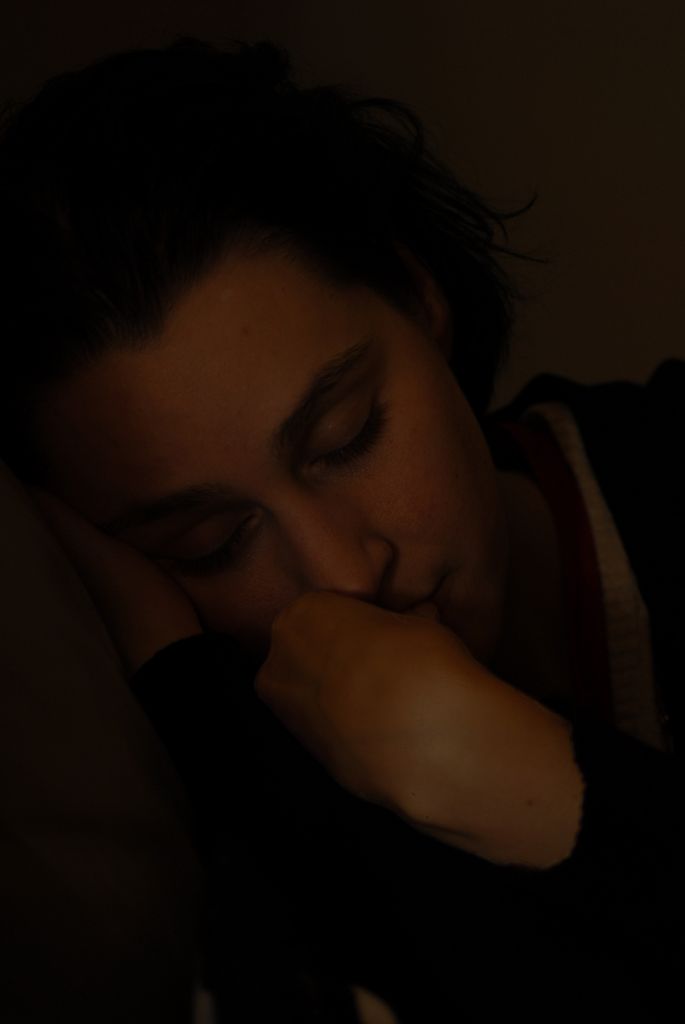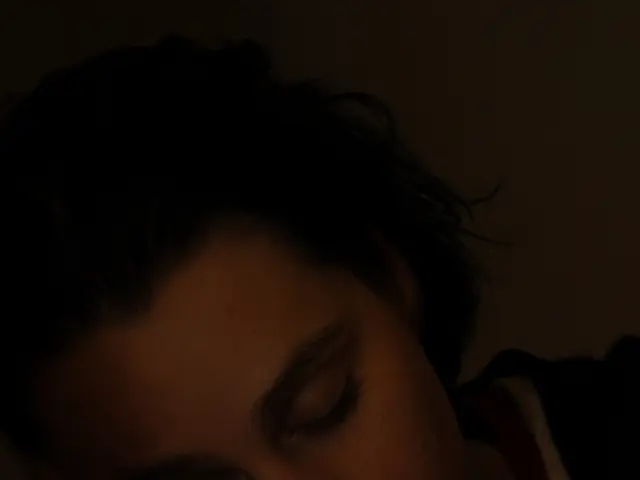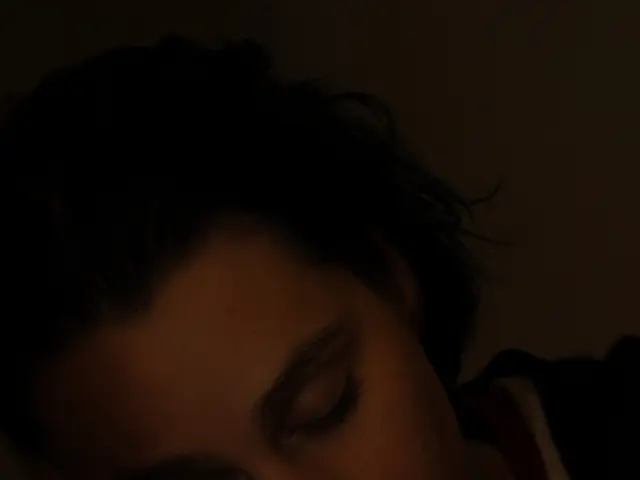Impact of Inadequate Sleep on Health: An Examination
Late-night screen time: Does it sabotage your sleep and health? Let's delve into the topic and find ways to improve our slumber.
In our speedy, modern world, getting a good night's sleep has become a luxury many of us can hardly afford. Sleep deprivation swings open the door to a range of health issues, including chronic diseases. Some even swear by their ability to function fine on minimal sleep, but they're just setting themselves up for a future health crisis.
Let's focus on factors we can manage, starting with the controversial yet prevalent issue—screen time. The constant glow of smart devices, from phones to laptops, leaves us vulnerable to blue light, especially at night. While these devices have become an integral part of our daily lives, they can have detrimental effects on our sleep cycles and overall health.
A Closer Look at Blue Light
Not all wavelengths of light affect us the same way. Blue light, which boosts focus, alertness, and mood during the day, is the most disruptive at night. As we increasingly surround ourselves with screens and energy-efficient lighting, blue light exposure is skyrocketing, particularly after sunset.
A few scientific studies suggest that light, even dim light, can interfere with our circadian rhythm and melatonin secretion, a hormone that regulates our sleep-wake cycle.
The Blue Light–Sleep Connection
Exposure to blue light at night can suppress melatonin production, disturb our sleep cycle, and shift our circadian rhythm by several hours. Researchers from Harvard University found that blue light suppresses melatonin secretion for about twice as long as green light and changes circadian rhythms by twice as much[1].
Blue Light Exposure and Your Health
If blue light negatively impacts sleep, then it poses a conundrum regarding energy efficiency and personal wellbeing. While energy-saving bulbs are more efficient than traditional bulbs, they emit more blue light.
So, how can we protect ourselves from blue light at night? Here are some practical tips:
- Dim the lights in your home two to three hours before bed. Use dimmers or opt for warm, red lights as night lights.
- Wear blue-blocking glasses or use an app that filters blue light at night.
- Expose yourself to plenty of bright light during the day.
- Avoid screens at least an hour or two before going to bed. Turn off notifications and place your devices outside the bedroom.
- Be consistent with your sleep schedule. Establish a routine that works best for you and stick to it.
Other factors that can impact your sleep quality, beyond blue light, are eating habits and daily physical activity. Be mindful of your last meal and strive for regular exercise, but avoid exercise close to bedtime, as it can temporarily boost your energy levels.
For more insights on how to sleep smarter, check out the resources at your local Harris County library.
Sleep Smarter
Sleep SmarterShawn Stevenson
SleepPetra Hawker
Insomnia Doc's Guide to Restful SleepKristen Casey
Handy Health Guide to Better SleepAlvin Silverstein
[1] Harvard Health Publishing. (2018). Sleep tips & advice center. Retrieved from https://www.health.harvard.edu/healthy-sleep
[2] Peirson, S. N., Foster, R. A., Czeisler, C. A. (2011). Evening light exposure duration and blindness to dim light may both predict delayed circadian timing. The Journal of Neuroscience, 31(44), 15774-15779.
[3] Meijer, I., Lavie, P., Breus, M. J., & Meijer-Brenninkmeijer, G. (2012). Exposure to room light before bedtime suppresses melatonin onset and shifts circadian rhythms. Environmental Health Perspectives, 120(3), 374-377.
[4] Hasselblad, V., Gooley, J. J., Hртниет, M., & Czeisler, C. A. (2017). Blue light in the evening reduces melatonin and impairs reaction times during the Night Work Shift. Chronobiology International, 34(5), 875-879.
[5] American Macular Degeneration Foundation. (2017). Blue light exposure: The good, the bad and the unclear. Retrieved from https://www.macular.org/blue-light-exposure-good-bad-and-unclear
In the quest for better sleep and health, it's crucial to consider factors like screen time and blue light exposure. These devices, although integral to our lives, can interfere with our sleep cycles and overall health by suppressing melatonin production and disturbing our sleep cycle. To safeguard ourselves, we can dim the lights, wear blue-blocking glasses, limit screen time before bed, and expose ourselves to more bright light during the day.
Beyond blue light, other elements influencing sleep quality are diet and physical activity. Eating habits and regular exercise, while important for overall wellness, should ideally not be engaged close to bedtime, as they can temporarily boost energy levels.
For comprehensive information on sleep improvement, check out the resources available at your local Harris County library, such as books like "Sleep Smarter," "Sleep," "Insomnia Doc's Guide to Restful Sleep," and "Handy Health Guide to Better Sleep."








